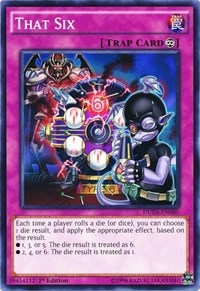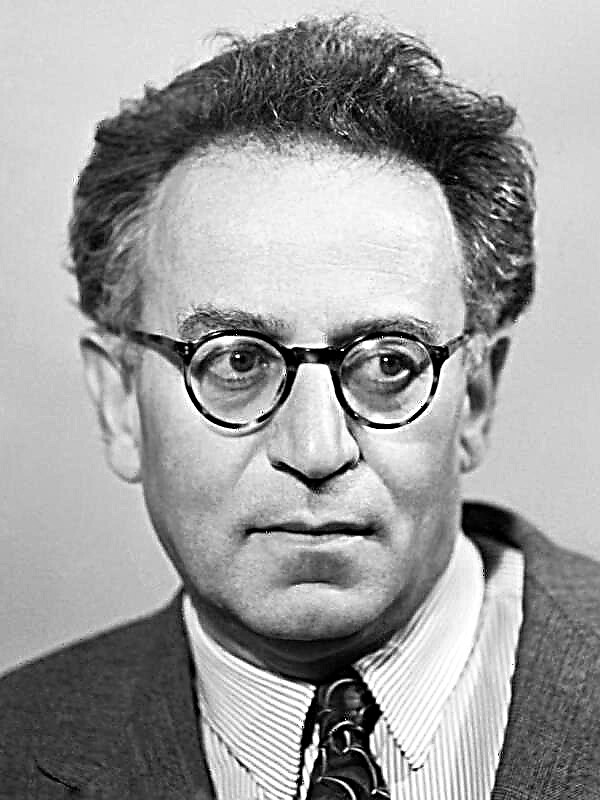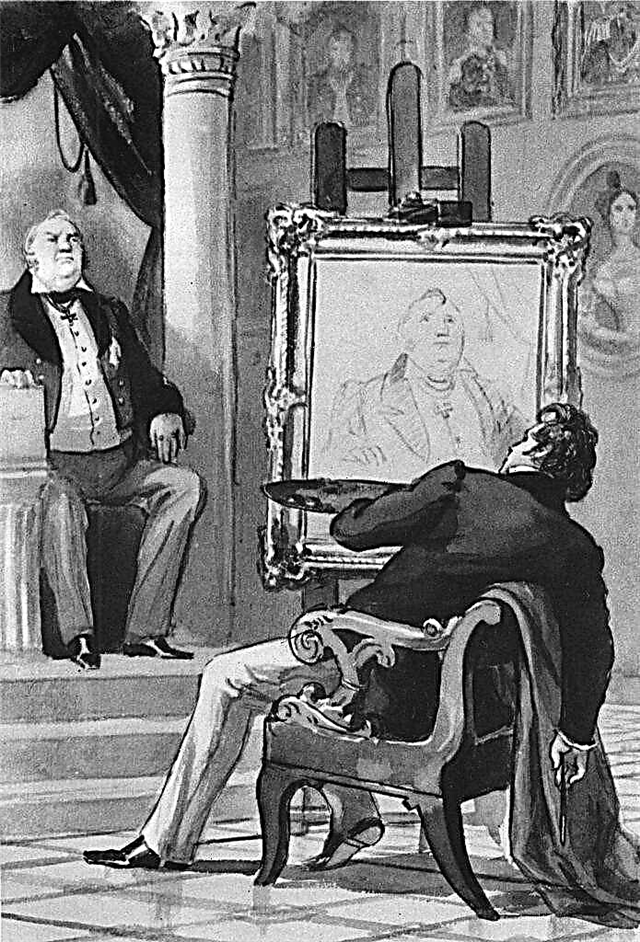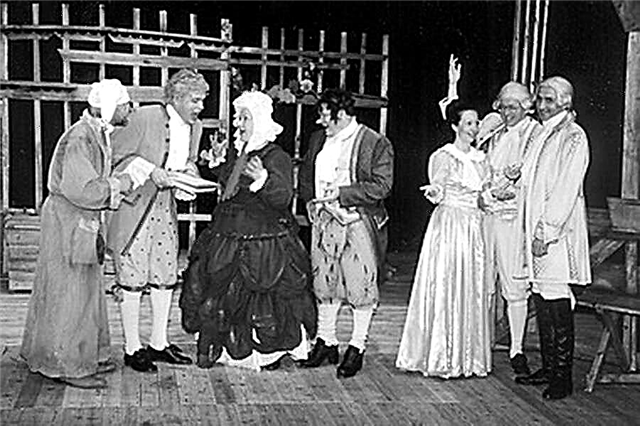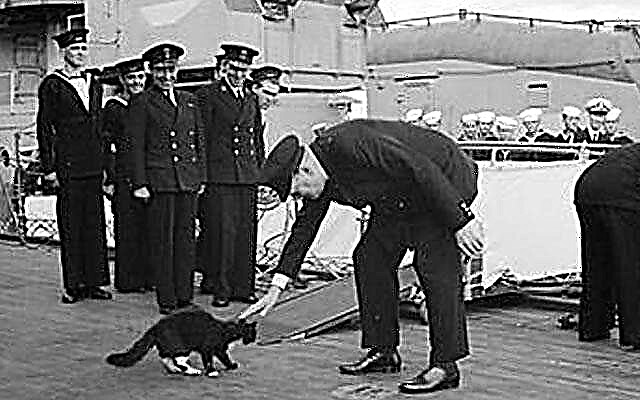In the Tale (the revision of the Rogozh chronicler and the Tver collection is considered here, which has to be clarified, since the Tale, like many works of ancient Russian literature, existed in several editions, significantly different in content), it tells about the events of 1326–1327.
Prince of Tver Alexander Mikhailovich receives a label in the Horde for a great reign. At the “instigation of the devil," the Tatars decide that it is necessary to subordinate the Russian princes to their power, and for this to destroy first of all Prince Alexander. "Taught by the devil," the Tatar ambassador Shevkal is called to execute the ruin. He comes to Tver, creates a “scolding” there, which begins immediately with a forceful assertion of one’s own significance and power: Shevkal expels the Grand Duke from his court and reigns there “with much pride and rage”. Goes to the tverits. Offended by the townspeople turn to the prince for protection, but he persuades them to tolerate.
On August 15, on the big feast of the Assumption of the Blessed Virgin Mary, the tverich’s cup of patience is full: flattered by the “fat” mare of a certain deacon Dudko, the Tatars take it away, people scamper to the cry of the robbed deacon. A fight begins, which then develops into an armed clash. In what happened, “angry” the angry tverichs kill not only many Tatars, but Shevkal himself. Only Tatar shepherds who grazed cattle outside the city are saved, they flee through Moscow to the Horde, where they bring news of the uprising.
Khan cruelly avenges the death of Shevkal: He burns Tver and "all cities" with fire. Alexander Mikhailovich leaves the princely throne and leaves with his family in Pskov.

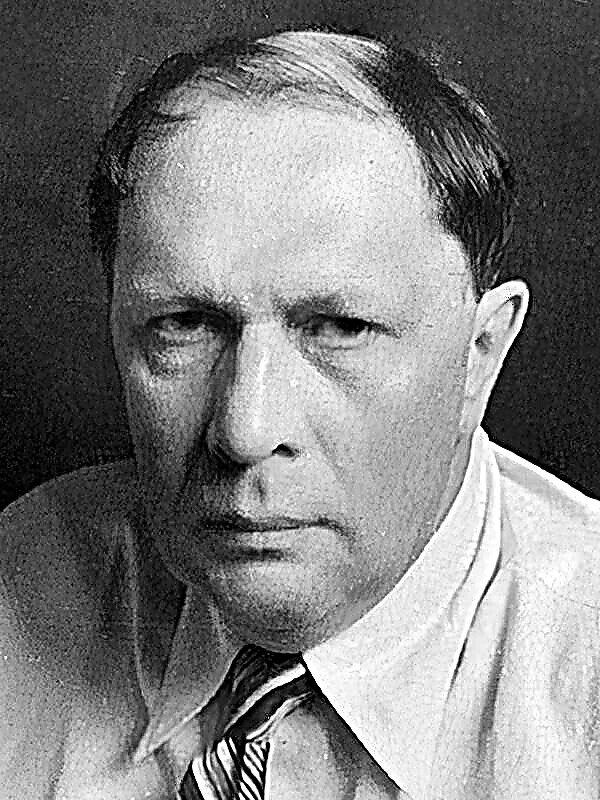 Golden Key
Golden Key


